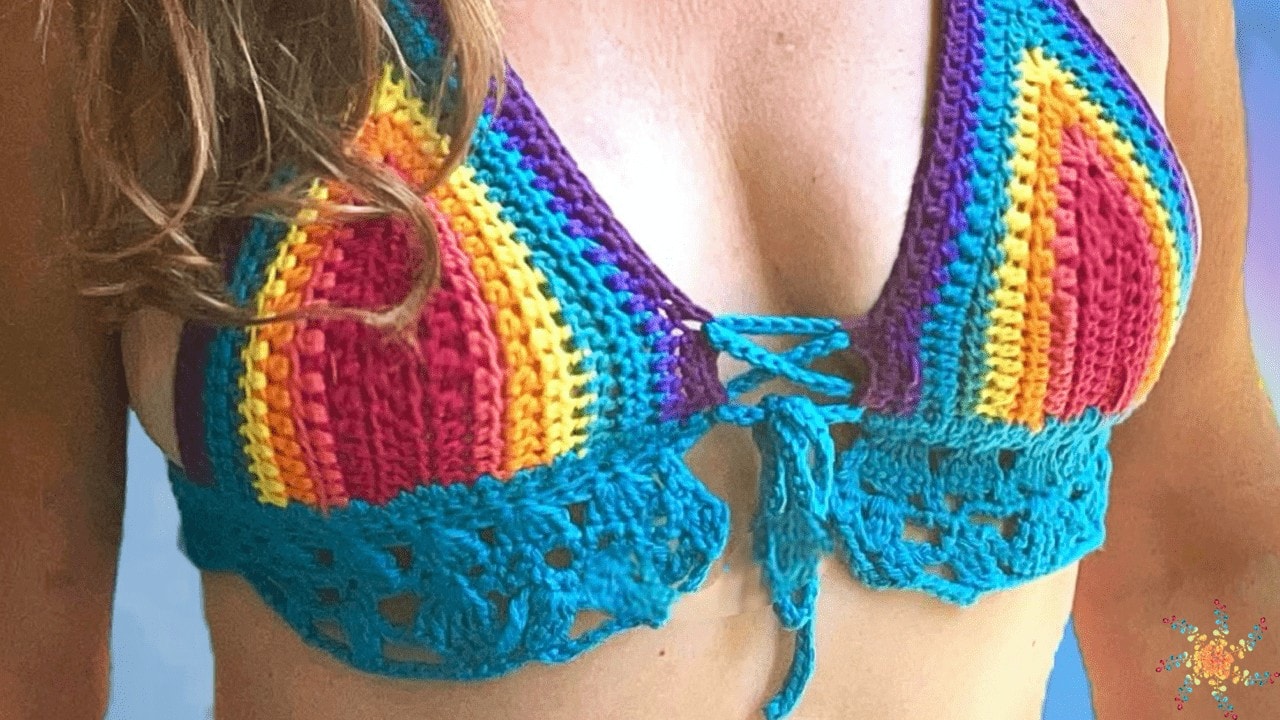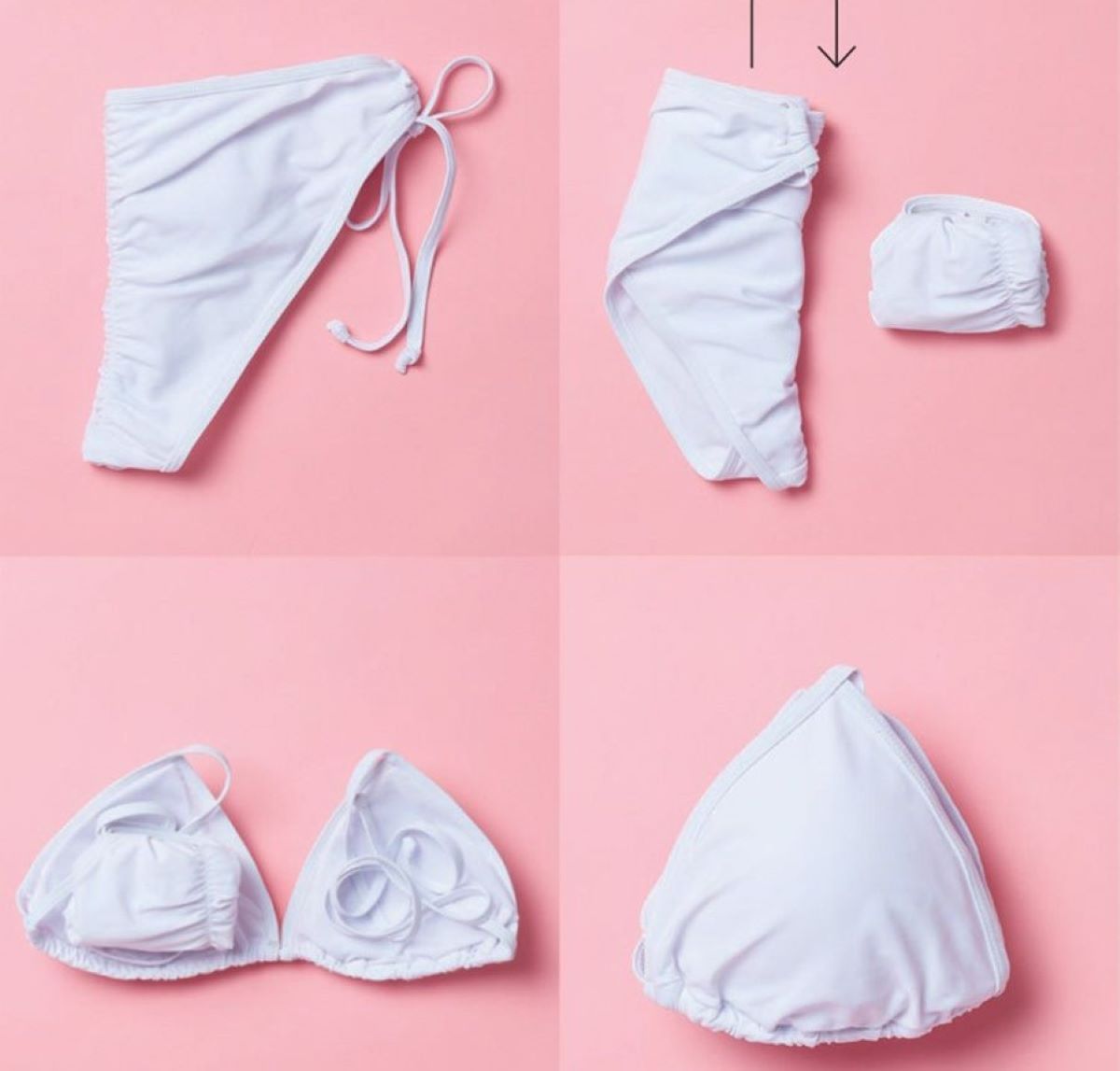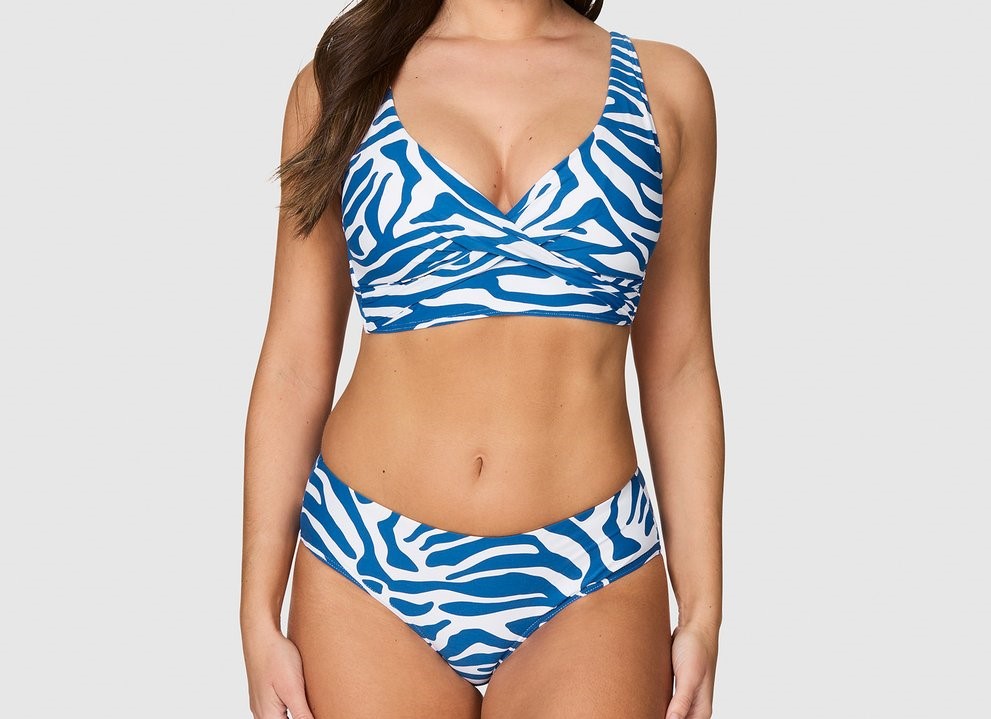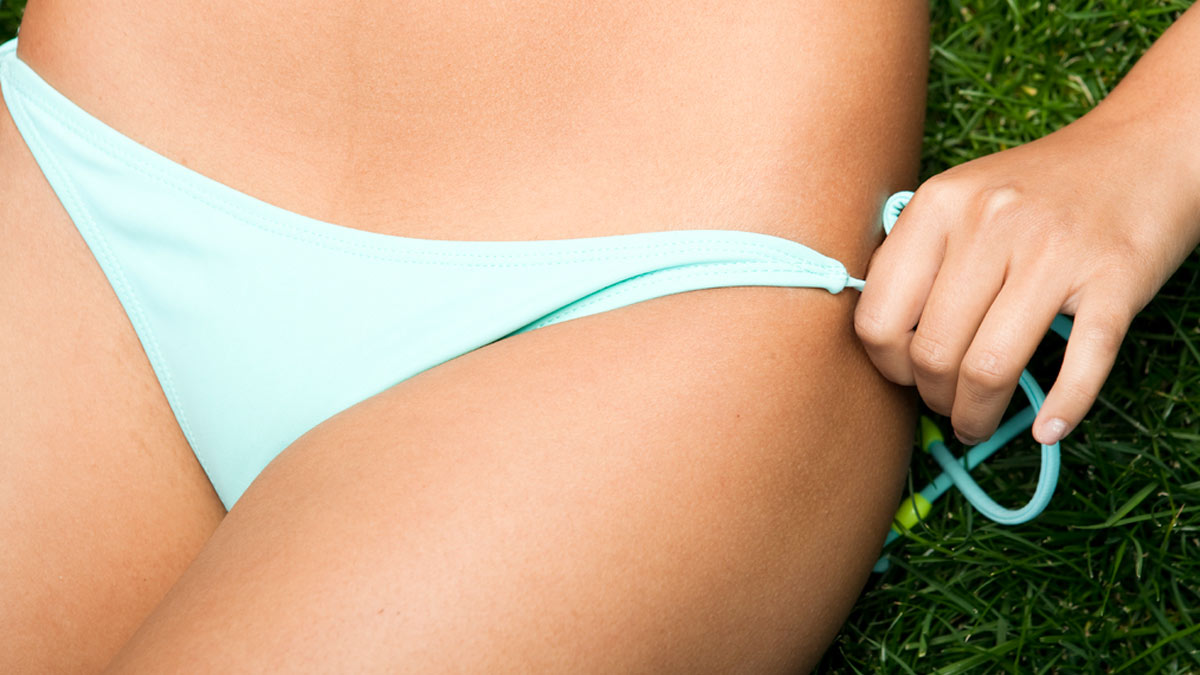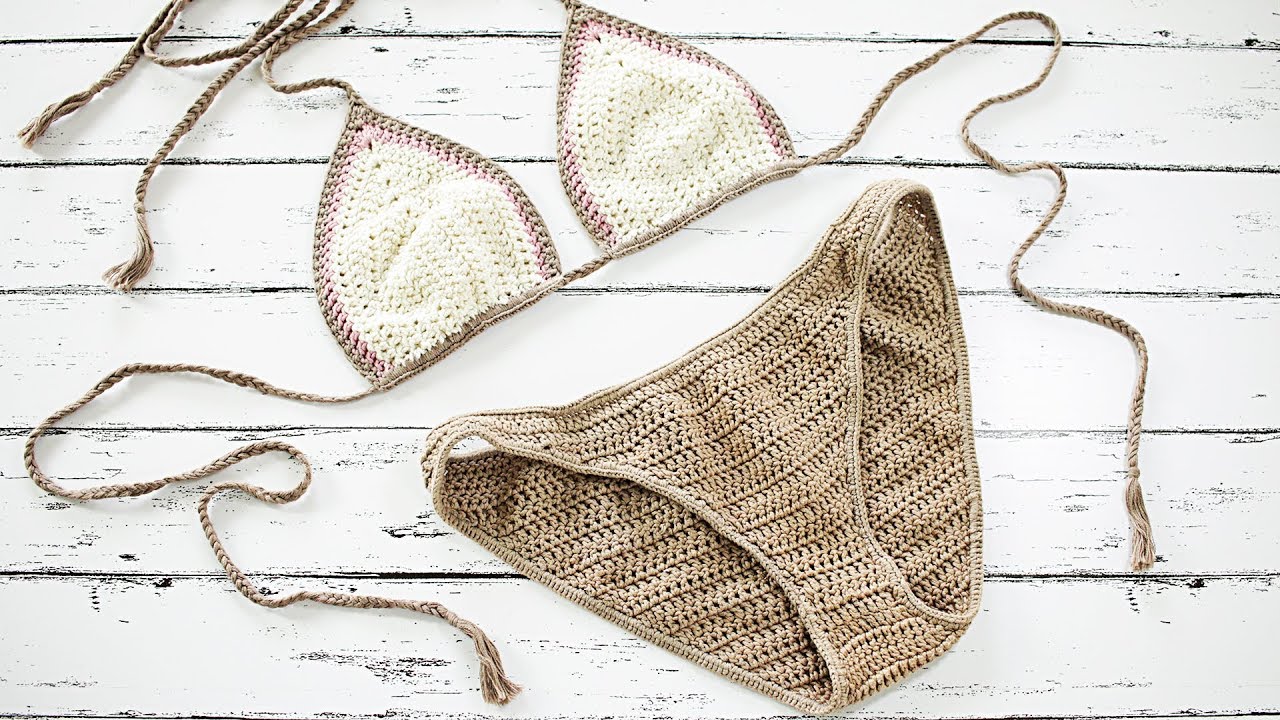Home>How-to Guides>For Women>How To Eat For A Bikini Competition


For Women
How To Eat For A Bikini Competition
Modified: August 2, 2023
Learn how to eat for a bikini competition and achieve your fitness goals. This guide is specifically designed for women wanting to prepare their bodies for the stage.
(Many of the links in this article redirect to a specific reviewed product. Your purchase of these products through affiliate links helps to generate commission for Under-tec.com, at no extra cost. Learn more)
Table of Contents
- Introduction
- Understanding the Bikini Competition Diet
- Setting Your Goals
- Calculating Your Calorie Needs
- Macros: Protein, Carbs, and Fats
- Meal Planning and Preparation
- Sample Meal Plan for a Bikini Competition
- Importance of Hydration
- Supplementation and Vitamins
- Pre-Competition Nutrition Strategies
- Post-Competition Rebound
- Conclusion
Introduction
Welcome to the world of bikini competitions! If you’re a fitness enthusiast looking to take your commitment to the next level, participating in a bikini competition could be the perfect fit. These competitions not only allow you to showcase your hard work and dedication but also provide an opportunity to engage with a supportive community of like-minded individuals.
When it comes to preparing for a bikini competition, one of the key factors to consider is your diet. The food you eat plays a crucial role in shaping your physique and helping you achieve the desired lean and toned look. It’s important to understand that the bikini competition diet is not a short-term fix, but rather a lifestyle change that requires discipline and dedication.
Throughout this article, we will delve into the intricacies of the bikini competition diet, providing you with valuable insights and tips to help you navigate this exciting journey. From setting your goals to calculating your calorie needs, we’ll cover all the essential aspects of crafting a nutrition plan for success.
Before we dive into the details, it’s important to note that everyone’s body is unique, and what works for one person may not work for another. It’s essential to listen to your body, keep track of your progress, and make adjustments along the way to ensure that you’re optimizing your diet for your specific needs.
Now, let’s get started on this exciting path to eating for a bikini competition!
Understanding the Bikini Competition Diet
The bikini competition diet is a meticulously structured eating plan designed to help competitors achieve a lean and toned physique while preserving muscle mass. It involves a combination of macronutrient manipulation, calorie control, and strategic meal timing. The goal is to reduce body fat while maintaining muscle definition and overall health.
One key aspect of the bikini competition diet is calorie control. To achieve a calorie deficit, where you consume fewer calories than you burn, you’ll need to carefully track your food intake. This ensures that your body burns stored fat for energy, resulting in weight loss. However, it’s important to approach this deficit in a sustainable and healthy way, as extreme calorie restriction can be detrimental to your health and may lead to muscle loss.
Macronutrients, which consist of protein, carbohydrates, and fats, play a vital role in the bikini competition diet. Protein is crucial for building and repairing muscle tissue, while carbohydrates provide energy for workouts and overall performance. Healthy fats are essential for hormone production and maintaining overall well-being.
Understanding portion sizes and ratios of macronutrients is also important in the bikini competition diet. This ensures that you’re consuming the right nutrients in the right quantities to achieve your goals. It’s recommended to consult with a registered dietitian or nutritionist to determine the appropriate macronutrient balance for your specific needs.
In addition to tracking calories and macronutrients, meal timing is another important factor in the bikini competition diet. Eating smaller, frequent meals throughout the day can help boost metabolism and regulate blood sugar levels. This approach provides a steady source of energy and can help control hunger and cravings.
It’s worth noting that the bikini competition diet is not about deprivation or extreme restrictions. It’s about adopting a balanced, nutrient-dense eating plan that fuels your body while supporting your fitness goals. Incorporating a variety of whole foods, such as lean proteins, fruits, vegetables, whole grains, and healthy fats, is key to ensuring you’re getting all the necessary micronutrients your body needs.
Now that we’ve laid the foundation and introduced you to the basics of the bikini competition diet, let’s move on to setting goals that will guide you on your journey towards success.
Setting Your Goals
Setting clear and realistic goals is essential when embarking on the bikini competition journey. Before diving into the specifics of your diet, take the time to define what you want to achieve and establish a timeline for your goals.
Start by considering what you want your physique to look like on competition day. Do you want to achieve a certain level of muscle definition or aim for a specific body fat percentage? Visualize your end result to help you stay motivated and focused throughout the process.
It’s important to set realistic goals that align with your current fitness level and lifestyle. Keep in mind that the bikini competition diet requires dedication and discipline, so be sure to choose goals that are attainable within a reasonable timeframe. Setting smaller, short-term goals along the way can also help you stay motivated and track your progress.
In addition to physical goals, consider other important factors such as overall health, mental well-being, and even lifestyle changes. Assess how much time you can realistically commit to meal preparation, workouts, and other self-care activities. Taking these factors into account will help you develop a well-rounded plan that supports your goals while maintaining balance in your life.
While it’s essential to have specific goals, it’s equally important to have a flexible mindset. Understand that progress may not always be linear, and you may encounter obstacles along the way. Embrace the journey, learn from setbacks, and adjust your goals if needed. Remember that fitness competitions are a personal journey, and the most important thing is to focus on your own progress rather than comparing yourself to others.
Once you have defined your goals, write them down and revisit them regularly throughout your bikini competition preparation. Use them as a guide when making decisions about your diet, training, and overall lifestyle. Having a clear vision of what you want to achieve will help you stay focused and motivated on your path to success.
Now that you have set your goals, it’s time to move on to the next step – calculating your calorie needs.
Calculating Your Calorie Needs
Calculating your calorie needs is a crucial step in developing an effective bikini competition diet. Understanding how many calories your body requires will help you create a meal plan that supports your goals without compromising your energy levels or overall health.
There are several methods you can use to estimate your calorie needs. One common approach is to calculate your Basal Metabolic Rate (BMR), which is the number of calories your body needs to maintain basic bodily functions while at rest. This calculation takes into account factors such as your height, weight, age, and gender.
Once you have determined your BMR, you can then factor in your activity level to estimate your Total Daily Energy Expenditure (TDEE). This includes the calories burned through exercise and daily activities. The level of activity can range from sedentary (little to no exercise) to highly active (intense exercise multiple times per week).
To create a calorie deficit and promote weight loss, you’ll typically want to consume slightly fewer calories than your TDEE. The size of the deficit will depend on your goals and how quickly you want to achieve them. It’s important to note that aiming for a moderate calorie deficit (around 500 calories per day) is generally considered a safe and sustainable approach.
While calorie calculations can provide a helpful starting point, it’s important to remember that they are just estimates. Everyone’s metabolism is unique, and individual factors such as genetics, muscle mass, and hormone levels can influence calorie needs. It’s always a good idea to track your progress and make adjustments as needed.
Keep in mind that the bikini competition diet requires a tailored approach, and it’s not just about calories. The quality of the calories you consume is equally important. Focus on incorporating nutrient-dense foods into your meal plan, such as lean proteins, fruits, vegetables, whole grains, and healthy fats. These foods will provide the necessary vitamins, minerals, and antioxidants to support your overall health and well-being.
Now that you have calculated your calorie needs, it’s time to dive deeper into the macronutrients that make up your bikini competition diet.
Macros: Protein, Carbs, and Fats
When it comes to the bikini competition diet, understanding and managing your macronutrient intake is crucial. The three main macronutrients – protein, carbohydrates, and fats – each play a unique role in supporting your fitness goals and overall well-being.
Protein is an essential component of any bikini competition diet. It is not only important for muscle growth and repair but also helps to keep you feeling satisfied and full. Aim to consume a variety of lean protein sources, such as chicken, turkey, fish, tofu, and Greek yogurt. The recommended intake will vary depending on factors such as your body weight, activity level, and goals, but a general guideline is around 0.8 to 1 gram of protein per pound of body weight.
Carbohydrates are your body’s main source of energy, making them a vital part of the bikini competition diet. However, not all carbohydrates are created equal. Focus on consuming complex carbohydrates, such as whole grains, fruits, and vegetables, which provide fiber and essential nutrients. It’s important to choose high-quality, nutrient-dense carbohydrates rather than relying heavily on refined or processed options. Adjust your carbohydrate intake based on your activity level and energy needs, and aim to consume the majority of your carbs around your workouts for optimal performance.
Fats are often misunderstood but are essential for hormone production, maintaining healthy skin and hair, and overall well-being. Incorporate healthy fats into your bikini competition diet by consuming foods such as avocados, nuts, seeds, and olive oil. It’s important to note that fats are calorie-dense, so it’s essential to consume them in moderation to avoid exceeding your calorie goals. The recommended intake may vary, but a general guideline is around 20-30% of your total calories coming from healthy fats.
When planning your meals, it’s best to focus on incorporating all three macronutrients in each meal to ensure a balanced and satisfying diet. Moderation and balance are key, as each macronutrient serves an important purpose in your overall nutrition plan.
Remember, it’s crucial to listen to your body and make adjustments if necessary. The recommended macronutrient ratios may serve as a starting point, but individual needs can vary. Tracking your progress, monitoring how your body responds to the macronutrient ratios, and consulting with a registered dietitian or nutritionist can help you optimize your bikini competition diet.
Now that we have covered the basics of macros, let’s move on to the next important step – meal planning and preparation.
Meal Planning and Preparation
Meal planning and preparation are essential components of a successful bikini competition diet. They help ensure that you have nutritious meals readily available, making it easier to stick to your dietary goals. Here are some tips to help you effectively plan and prepare your meals:
1. Set aside dedicated time for meal planning: Allocate time each week to plan your meals. Consider your schedule, workouts, and any social events to create a realistic plan that fits your lifestyle. This will help you stay organized and avoid impulsive food choices.
2. Create a well-rounded meal plan: Aim to include a balance of lean proteins, complex carbohydrates, and healthy fats in each meal. Plan for variety to ensure you get a wide range of nutrients. Include plenty of colorful fruits and vegetables for added vitamins and minerals.
3. Prep in bulk: Once you have your meal plan, consider prepping in bulk for the week. Cook large batches of proteins, grains, and vegetables, then portion them out into individual containers. This will save time during the week and ensure that you always have healthy options on hand.
4. Utilize meal prep tools: Invest in convenient tools such as food storage containers, portion control tools, and a meal planner or tracking app. These can help you stay organized and keep track of your portions and macros.
5. Consider batch cooking: Use your time efficiently by batch cooking. Prepare multiple meals at once, allowing you to freeze portions or have ready-made meals for busy days.
6. Plan for on-the-go options: Prepare portable snacks and meals for times when you are away from home. Pack protein bars, Greek yogurt, pre-cut fruits and vegetables, or homemade trail mix to avoid resorting to unhealthy options when hunger strikes.
7. Stay flexible and adaptable: While meal planning is important, it’s also important to be flexible and adaptable. Life can sometimes throw curveballs, so be prepared to adjust your meals or make healthy choices when dining out.
Remember, meal planning and preparation are not meant to be restrictive or overwhelming. They are tools to support your bikini competition journey and make healthy eating as convenient as possible. Find strategies that work best for you and make the process enjoyable.
Now that you have mastered meal planning and preparation, let’s take a look at a sample meal plan for a bikini competition to help you get started.
Sample Meal Plan for a Bikini Competition
A sample meal plan can serve as a helpful guide when starting your bikini competition diet. However, it’s important to remember that individual needs and preferences may vary. Adjust the portion sizes and food choices to fit your specific goals and dietary requirements. Here’s an example of a well-balanced meal plan for a day:
- Breakfast:
- 1 cup of egg whites with spinach and mushrooms
- 1 small avocado
- ½ cup of cooked quinoa
- Mid-Morning Snack:
- 1 small apple
- 2 tablespoons of almond butter
- Lunch:
- 4 ounces of grilled chicken breast
- 1 cup of mixed vegetables (broccoli, bell peppers, and carrots)
- ½ cup of cooked brown rice
- Afternoon Snack:
- ½ cup of Greek yogurt
- ¼ cup of granola
- Handful of mixed berries
- Pre-Workout Snack:
- 1 small banana
- 1 tablespoon of almond butter
- Post-Workout Meal:
- 4 ounces of baked salmon
- 1 cup of steamed asparagus
- ½ cup of sweet potatoes
- Dinner:
- 4 ounces of lean turkey breast
- 1 cup of mixed greens with balsamic vinaigrette
- ½ cup of quinoa
- Evening Snack:
- 1 serving of protein shake with almond milk
- 1 tablespoon of chia seeds
Remember to adjust the portion sizes and macronutrients as needed to fit your specific dietary needs and goals. It’s also essential to stay hydrated throughout the day by drinking plenty of water.
This sample meal plan provides a good balance of protein, carbohydrates, and fats to support your energy levels and muscle recovery. However, it’s essential to customize the plan according to your taste preferences and any dietary restrictions you may have.
Now that you have a better understanding of meal planning, let’s discuss the importance of hydration in your bikini competition journey.
Importance of Hydration
Hydration plays a critical role in your overall health and performance, especially when preparing for a bikini competition. Staying properly hydrated is vital for optimal bodily functions and can greatly impact your progress and results. Here’s why hydration is essential during your competition preparation:
1. Improved Physical Performance: Hydration is crucial for maintaining your energy levels and maximizing your physical performance. When you’re dehydrated, you may experience fatigue, decreased endurance, and reduced strength. By staying properly hydrated, you can perform better during workouts, enhance muscle recovery, and ensure you’re able to push yourself to reach your goals.
2. Enhanced Metabolism and Digestion: Drinking an adequate amount of water helps to boost your metabolism and aids in digestion. Proper hydration supports the body’s ability to break down food, absorb nutrients efficiently, and eliminate waste effectively. This can optimize nutrient utilization and promote a healthy digestive system throughout the competition preparation process.
3. Appetite Regulation: Sometimes, we mistake thirst for hunger, leading to unnecessary snacking or overeating. Staying hydrated can help regulate your appetite and prevent overconsumption of calories. Before reaching for a snack, try drinking a glass of water to ensure you’re adequately hydrated and to determine if you’re truly hungry.
4. Muscle Definition and Skin Health: Proper hydration plays a significant role in muscle definition and overall skin health. When you’re well-hydrated, your muscles appear fuller and more defined, contributing to that desirable competition physique. Additionally, hydrated skin has a healthier appearance and can help reduce the risk of dryness and blemishes.
5. Temperature Regulation: When you’re sweating during intense workouts or while prepping for a competition, it’s important to replace the fluids lost through sweat. Drinking water helps regulate your body temperature by facilitating sweat production and cooling you down. This is especially important during the hotter months or in environments with high humidity.
6. Mental Clarity and Focus: Dehydration can impair cognitive function, affecting your mental clarity and focus. Proper hydration helps to keep your brain cells hydrated, enhancing cognitive performance, concentration, and overall mental well-being. When you’re mentally sharp, it’s easier to stay motivated, make healthier choices, and maintain consistency in your diet and training.
To ensure you stay hydrated throughout your competition preparation, make it a habit to drink water throughout the day. Aim for at least 8-10 cups (64-80 ounces) of water per day, or more if you’re sweating heavily during workouts or in hot environments. Carry a water bottle with you to remind yourself to drink regularly.
In addition to water, you can also incorporate hydrating foods into your diet, such as fruits and vegetables with high water content (e.g., watermelon, cucumber, and strawberries). These foods can contribute to your overall hydration status.
Now that you understand the importance of hydration, let’s explore the role of supplementation and vitamins in your bikini competition diet.
Supplementation and Vitamins
Supplementation and vitamins can be valuable additions to support your bikini competition diet and overall health. While it’s important to prioritize a nutrient-rich whole foods diet, certain supplements and vitamins can fill in potential nutritional gaps and provide additional benefits. Here are some key points to consider:
1. Protein Supplements: Protein supplements such as whey protein powder can be convenient sources of high-quality protein. They can be beneficial for meeting your protein needs and promoting muscle recovery, especially during busy periods when it may be challenging to consume whole food protein sources. However, it’s important to remember that supplements should supplement your diet, not replace it.
2. Omega-3 Fatty Acids: Omega-3 fatty acids, commonly found in fish oil supplements, offer numerous health benefits. They are known for their anti-inflammatory properties and can support heart health, brain function, and joint health. Including omega-3 supplements can be especially beneficial if you don’t consume fatty fish regularly in your diet.
3. Multivitamins: A well-rounded multivitamin can help ensure you meet your daily intake of essential vitamins and minerals. It can be challenging to get all the necessary nutrients solely from food, especially when following a calorie-restricted diet. A multivitamin can serve as an insurance policy to fill in any potential nutritional gaps and support overall health and vitality.
4. Vitamin D: Many people are deficient in vitamin D, especially during the winter months or for those with limited sun exposure. Vitamin D plays a crucial role in bone health, immune function, and regulating mood. Consider getting your vitamin D levels tested and discuss with your healthcare provider if supplementation is necessary.
5. B Vitamins: B vitamins are essential for energy production, metabolism, and proper functioning of the nervous system. While they can be obtained from a well-rounded diet, B vitamin supplementation may be beneficial, especially for individuals with restrictive dietary patterns or increased energy demands from intense training.
Remember, supplementation should be personalized to your needs and goals. Consult with a healthcare professional, registered dietitian, or nutritionist to determine which supplements and vitamins are appropriate for your specific situation.
It’s important to note that supplements should never replace a well-balanced diet. Focus on consuming a variety of nutrient-dense whole foods to provide your body with the vitamins, minerals, and antioxidants it needs to thrive.
Now that we’ve covered supplementation and vitamins, let’s discuss pre-competition nutrition strategies as you get closer to your bikini competition.
Pre-Competition Nutrition Strategies
As you approach your bikini competition, pre-competition nutrition strategies become crucial to fine-tune your physique and optimize your performance on stage. Here are some key strategies to consider in the weeks leading up to your competition:
1. Calorie Cycling: Calorie cycling involves alternating between higher and lower calorie days to manipulate your body’s metabolism. This strategy can help prevent a weight loss plateau and keep your metabolism responsive. Typically, higher calorie days are scheduled on intense training days, while lower calorie days are reserved for rest or lighter workout days.
2. Macronutrient Adjustments: Depending on your specific goals and physique, you may need to adjust your macronutrient ratios as you get closer to the competition. This could involve slightly increasing protein intake to preserve muscle mass or adjusting carbohydrates to fine-tune your body composition. Work with a nutritionist or registered dietitian to find the right balance for your needs.
3. Sodium and Water Manipulation: Sodium and water manipulation can help enhance muscle definition and reduce water retention. This strategy is typically utilized in the final week leading up to the competition. It involves carefully adjusting sodium and water intake to achieve the desired vascular and dry look. It’s important to work with a coach or professional who has experience with this technique to ensure it is implemented safely and effectively.
4. Meal Timing: Pay attention to the timing of your meals to optimize energy levels and nutrient absorption. Consider consuming a combination of carbohydrates and protein before and after workouts to fuel your training and support muscle recovery. Additionally, timing your meals around your workouts can help regulate energy levels and provide the necessary nutrients at key times.
5. Monitoring Progress: Throughout the pre-competition phase, track your progress and make adjustments if necessary. Keep an eye on your body composition, strength, energy levels, and overall well-being. If something isn’t working, consult with your coach or nutritionist to make appropriate adjustments to your nutrition plan.
It’s essential to note that pre-competition nutrition strategies should be implemented under the guidance of a qualified coach or nutritionist. Each individual’s needs and goals are unique, and personalized guidance can help ensure you achieve the desired results safely and effectively.
Now that you have a solid understanding of pre-competition nutrition strategies, let’s discuss what happens after the competition – the post-competition rebound.
Post-Competition Rebound
After the excitement and hard work of a bikini competition, it’s important to navigate the post-competition phase in a healthy and balanced way. The post-competition rebound refers to the period following the competition where you transition back to a more sustainable eating plan and lifestyle. Here are some key considerations for a successful post-competition rebound:
1. Gradual Reverse Dieting: Reverse dieting involves gradually increasing your calorie intake and transitioning out of the calorie deficit. This allows your body to adjust and prevent rapid weight gain. Slowly increase your daily calorie intake by around 100-200 calories per week while monitoring your body’s response and adjusting as necessary.
2. Focus on Whole Foods: As you transition out of the strict competition diet, prioritize whole, nutrient-dense foods to nourish your body. Include a variety of fruits, vegetables, lean protein sources, whole grains, and healthy fats. This will provide essential nutrients and support your overall health and well-being.
3. Listen to Your Body: Pay attention to hunger and fullness cues. Allow yourself to eat according to your body’s needs and focus on intuitive eating. Remember that your body has different needs during the post-competition phase, and it’s important to honor those signals to maintain a healthy relationship with food.
4. Maintain an Active Lifestyle: Continue engaging in regular physical activity to support your overall well-being. While the intensity and duration of your workouts may vary compared to the competition preparation phase, staying active can help maintain muscle tone, boost mood, and support your overall metabolism.
5. Set New Goals: Use the post-competition rebound as an opportunity to set new fitness and health goals. Whether it’s improving strength, trying a new sport or fitness activity, or focusing on overall well-being, having new goals can help maintain motivation and keep you on track.
6. Seek Support: The post-competition phase can be mentally and emotionally challenging for some individuals. Consider seeking support from a coach, nutritionist, or therapist who can provide guidance and help you navigate any potential challenges or emotions that may arise.
Remember, the post-competition rebound is a period of transition, and it’s important to approach it with patience and self-compassion. Be gentle with yourself and give your body time to adjust to new routines and habits.
Now that you have a solid understanding of the post-competition rebound, let’s wrap up this comprehensive guide to eating for a bikini competition.
Conclusion
Congratulations! You have now learned the essential components of developing a comprehensive diet plan for a bikini competition. From understanding the importance of the bikini competition diet to setting goals, calculating calorie needs, and managing macronutrients, you have gained valuable insights into optimizing your nutrition for success.
By implementing the strategies discussed in this guide, such as meal planning and preparation, focusing on hydration, considering supplementation and vitamins, and adapting pre-competition nutrition strategies, you are equipped with the tools to fuel your body effectively and support your fitness goals.
Remember, everyone’s journey is unique, and it’s important to listen to your body, make adjustments as needed, and consult with professionals for personalized guidance. Additionally, maintaining a balanced and healthy approach to nutrition is crucial, both during the competition preparation phase and beyond. Prioritize nourishing foods, practice self-care, and keep your long-term health and well-being in mind.
Lastly, remember that the bikini competition journey is not just about the end result but also about personal growth, self-discovery, and celebrating your dedication and hard work. Embrace the process, stay focused, and enjoy this transformative experience.
Best of luck on your bikini competition journey, and may you achieve your goals with passion and determination!

